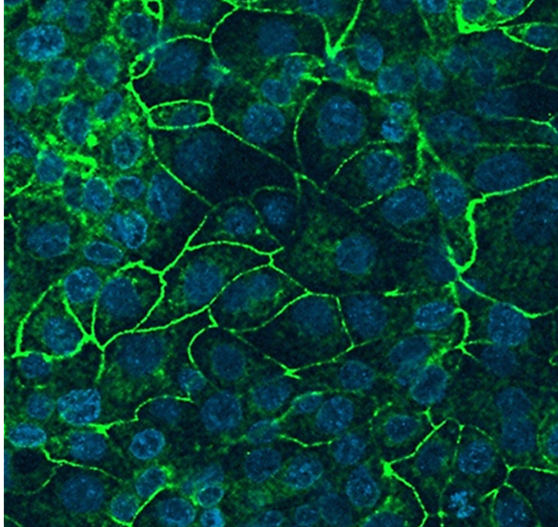[Canceled] Seminar "Cell-substrate Impedance Sensing: in vitro Evaluation of Stress-induced Damages on H441 Lung Epithelial Cell Layer using Modeled Pulmonary Atelectrauma" by Dr. Eiichiro Yamaguchi

Date
Location
Description
[Speaker]
Dr. Eiichiro Yamaguchi, Assistant Research Professor.
Department of Biomedical Engineering, Tulane University, USA.
[Abstract]
Mechanical ventilation is a necessary treatment for acute respiratory distress syndrome (ARDS). However, uneven mechanical stress distribution on sensitive pulmonary tissues imposes a risk of lung injury that may generate a loop of progressive failure. Atelectrauma is induced by repetitive stress stimuli from an air-liquid interface propagating across an epithelium during recruitment/de-recruitment (RD) events. Therefore, ventilation strategies to maintain positive end-expiration pressure, or adaptive pressure-release ventilation may be beneficial. Investigations on the effectiveness of ventilation strategies are an ongoing issue, and our research target is to clarify the mechanism and risk of atelectrauma through cell-biological experimental data in vitro.
Electric Cell-substrate Impedance Sensing (ECIS) is a label-free cell morphology monitoring technique that evaluates the temporal changes of cell layer integrity in response to mechanical stress stimulus. We measured the impedance of idealized H441 epithelial monolayers to in vitro ARDS and Atelectrauma models to evaluate stimulus-response degradation associated with ventilator-induced lung injury (VILI).
The time-dependent disruption of barrier function during the RD experiment illustrates that a confluent monolayer with a high level of intercellular binding resistance (Rb) is nearly impervious to atelectrauma for hundreds of RD events. Nevertheless, barrier function is eventually diminished, and after a critical number of RD repetitive insults, the monolayer is dis-integrated exponentially.
Based on the ECIS multi-frequency measurement along with immunofluorescent visualizations (Live/Dead assay and ZO-1 tight junction protein), impedance of low frequency AC current correlates well with density of the cell-cell tight junction protein. The low Rb impacts the resilience to the RD input significantly. This in vitro experimental result suggests a sensitivity of the ARDS lung to the atelectrauma (ventilator-induced injury) that stimulates the barrier function with the repetitive the RD inputs.
Subscribe to the OIST Calendar: Right-click to download, then open in your calendar application.



